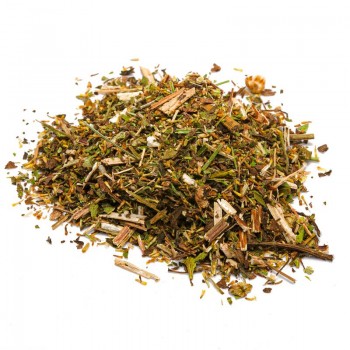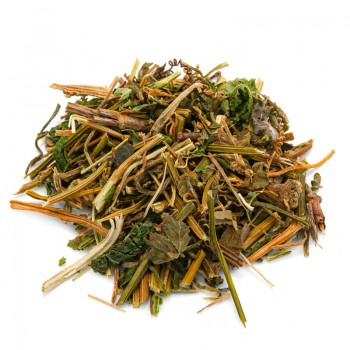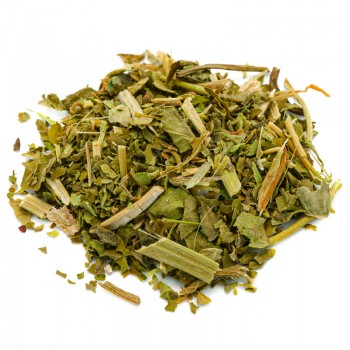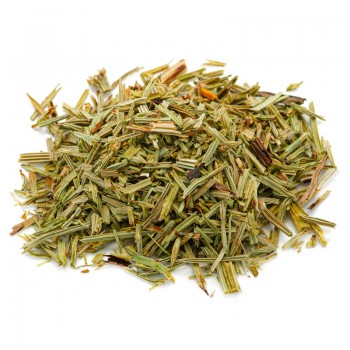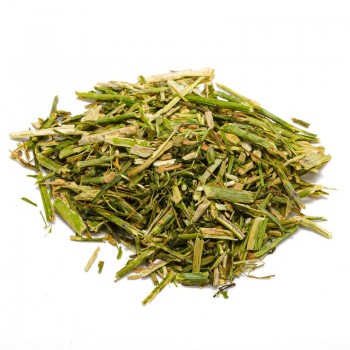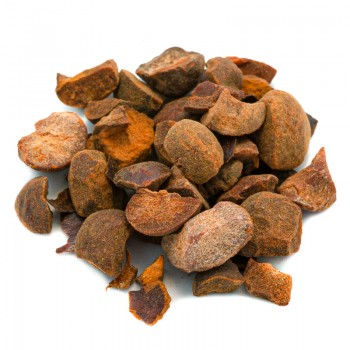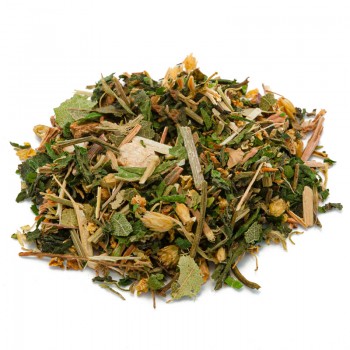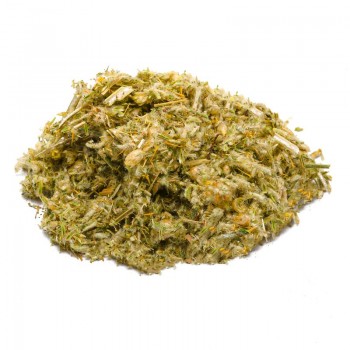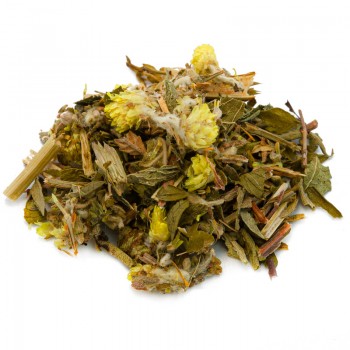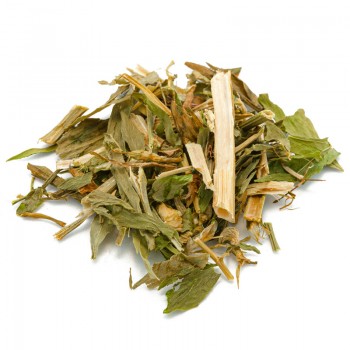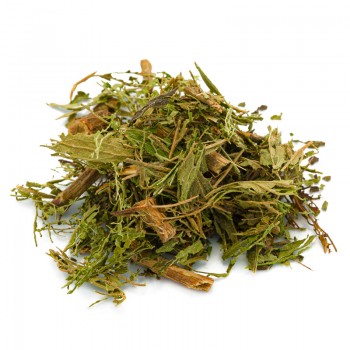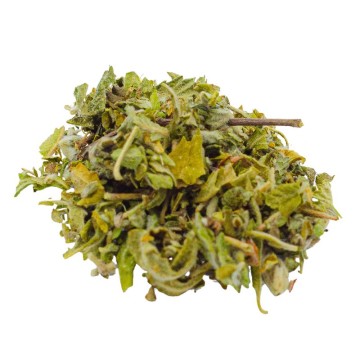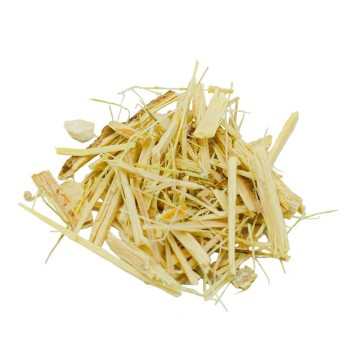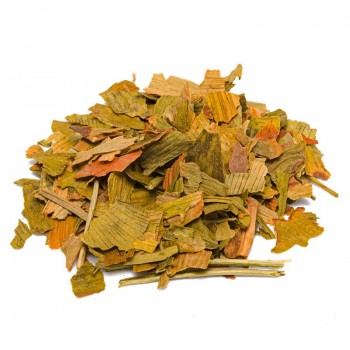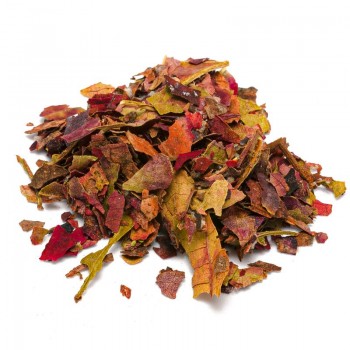The pomegranate fruit, which has low calories and great nutritional values, is known as a symbol of abundance, fertility and prosperity.
Beyond the pulp, the properties of pomegranate (or pomegranate) peels are also known in herbal medicine. These red rinds make up about 50% of the fruit, and contain more antioxidants than the juice itself. If once it was thought to discard them as inedible, today we know that they are concentrates of well-being, used in the past in Indian Ayurvedic medicine.
Pomegranate peels: properties and benefits
The healthful effects of pomegranate peels derive from the high levels of antioxidants contained. They would be due to substances such as anthocyanins and ellagitannins , protective against inflammation, and excellent against free radicals that cause aging ..
Other bioactive compounds in the pomegranate pericarp are polyphenolic compounds , also studied for the benefits on our metabolism. Some research has been done on pomegranates and their juice, as a natural support to improve blood pressure, blood sugar and cholesterol values. Although more studies are needed, the guideline is to discover the natural anti-inflammatory properties of pomegranate peels in order to improve blood lipid and sugar levels.
Pomegranate peel has powerful natural antibacterial properties , which can rebalance intestinal bacteria, also helping the body to soothe the symptoms of gastritis and inflammation of the mucous membrane in the stomach. Helps regulate digestion, preventing gastric and intestinal disorders ..
In addition, this natural antimicrobial property of pomegranate peels , also seems useful for calming irritation of teeth and gums. .
According to the folk medicine of some countries, the infusion of pomegranate peels is used as a mouthwash as well to relieve sore throats. As a natural remedy, the substance contained in the peels, punicalagin , appears to help with the symptoms of inflamed joints.
In the case of some skin conditions, pomegranate peels rich in antioxidants and polyphenols, as well as vitamins, can improve the appearance of the skin, counteracting hyperpigmentation - dark spots on the epidermis in the form of a mask ..
The infusion of the pomegranate pericarp is also excellent for purifying the body , draining excess fluids. In the herbalist tradition, the peels were precious for women, to relieve the pains of the menstrual period.
Origins and History of cultivation
The name pomegranate in Italian derives from the Latin malum (apple) and granatum (with seeds), and originates from the observation of the fruit itself.
The plant originates in the regions of today's Iran and northern India. Its first descriptions date back to the Mediterranean region in Europe, and it was already known in antiquity. It was introduced to America in the late 16th century. Today pomegranates are grown widely in the Mediterranean, throughout the Caucasus, the Middle East region, North Africa, India and Iran, Central Asia and Southeast Asia.
Pomegranate fruits are used in cooking, in juice blends, as side dishes, in smoothies and soft drinks and cocktails.
In many traditions it has been worshiped as a divine fruit, also for the beauty of the ruby color and the beauty of the seeds set inside it. In Jewish-Christian culture, many thinkers have speculated that the pomegranate blossomed in the Garden of Eden, and is part of the ancient symbolism about Christ and his passion.
In Chinese symbolism, the bright red skin and tasty seeds are symbols of abundance, happiness, passion and fertility. In other cultures, it is part of folk rituals, beliefs and practices. In the Vedas, ancient texts of Hindu philosophy, the pomegranate is a symbol of fertility as well as prosperity. In Ayurvedic medical culture, it was common to use sun-dried pomegranate peels to treat various ailments. From anemia to dysentery and diarrhea, for heart diseases, intestinal worms and to reduce swelling and inflammation.
According to Ayurveda pomegranate pomegranate stimulates digestion, and is a tonic for the liverato: above all, it pacifies all three doshas.
Plant and flowers
Pomegranate trees (Punica granatum) belong to the Lythraceae family, Punicoideae subfamily. The pomegranate plant can vary in height, from a dwarf shrub to a tree up to 10 meters. In most crops, these trees are deciduous, but in warmer climates they can be evergreen.
They are grown for the delicious fruit, but are also ornamental, with glossy leaves and scarlet red, tube-shaped flowers much loved by hummingbirds. The bark is red-brown in color and the branches may have thorns. It loves sunny, warm climates, tolerates drought, and usually takes two to three years to bear fruit.
The fruit in the Northern Hemisphere grows from October to February, and in the Southern Hemisphere from March to May.
Nutritional values of Pomegranate
Pomegranate contains several beneficial substances, including ellagic acid, and antioxidants such as quercetin, rutin, tannic acid, anthocyanins and catechins . Among the polyphenols there are punicalagins, gallic acid and derivatives of ellagic acid.
The value of pomegranate peels also gives different vitamins (group B, A, C, D, E), ascorbic acid and niacin . There are salts and minerals such as potassium, magnesium and phosphorus, iron, calcium and sodium. It also contains organic acids and saturated fatty acids ..
How to use pomegranate peels in herbal tea and decoction The pomegranate infusion is obtained by inserting approximately 3- in a cup (250 ml) 5 grams of the pericarp (rind) with water at 100 ° C. Leave to infuse for 5 to 7 minutes, before drinking the herbal tea. Add honey or sugar as desired. .
Pomegranate pericarp: side effects and contraindications
When taking pomegranate peel it is necessary to respect the recommended dosages. Excessive consumption, otherwise, can cause unwanted effects such as dizziness and weakness, increased blood pressure, cramps, nausea and diarrhea, anxiety.
It is important not to combine pomegranate peels with the use of antihistamines or alcohol intake. In addition, it is good to ask for medical advice for those who take drugs or suffer from liver disease, chronic constipation, hemorrhoids.
Not recommended for pregnant or breastfeeding women. or menstruation.


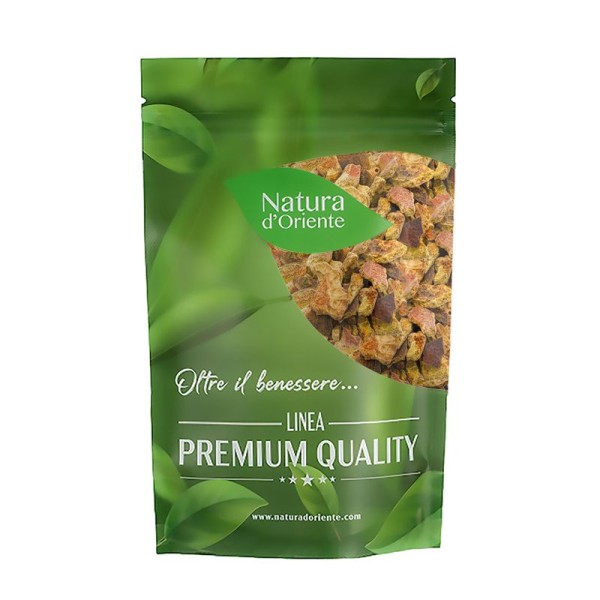








 No reward points for this product.
No reward points for this product.
